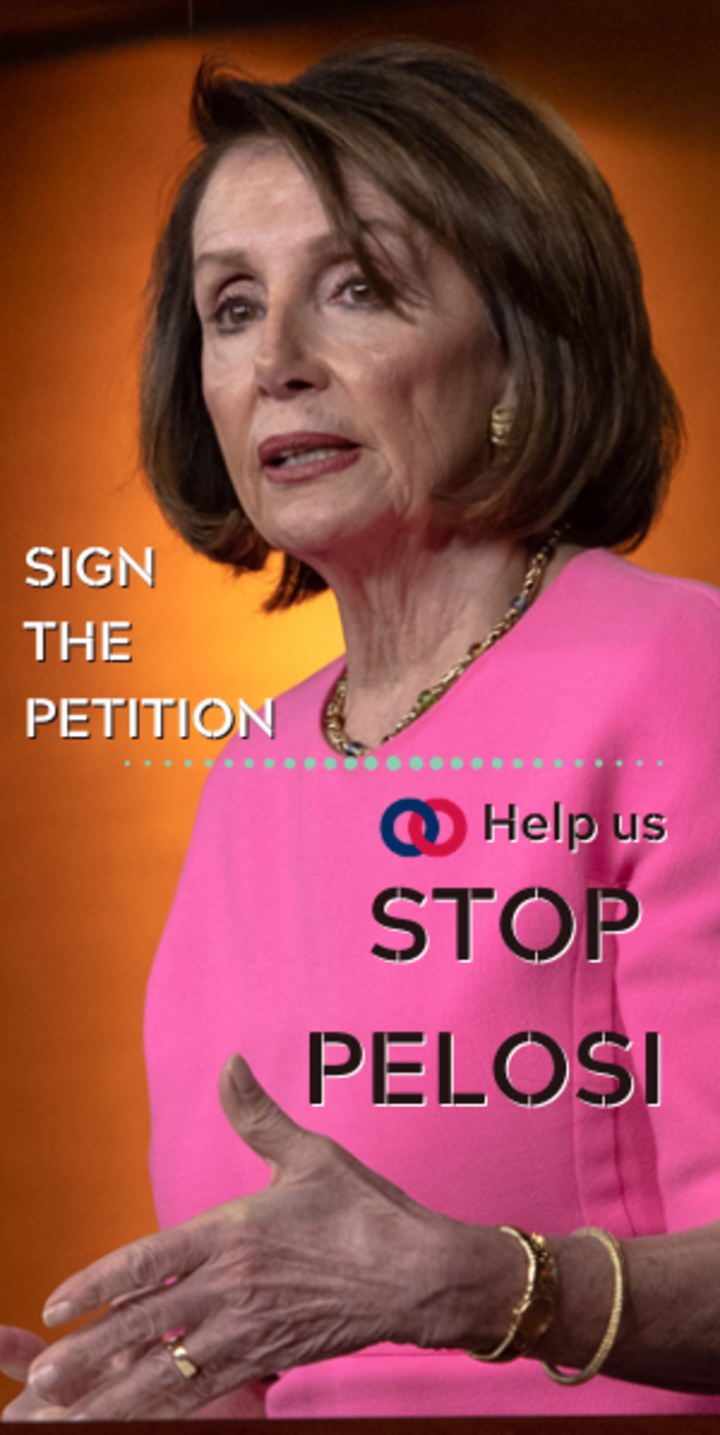As a forward to the 2006 book "The Meaning of Marriage", prominent ethicist Jean Bethke Elshtain, who passed away earlier this week, wrote this insightful piece on the marriage debate.
One reason, of course, is that we all have a stake in the debate and its outcome. No one is left untouched by marriage, including those who never marry, because marriage is such a pervasive institution in our society. One recent estimate indicates that 88 percent of women and 82 percent of men will marry at some point.
Given the importance of marriage as an institution for individuals and for society, the thoughtful citizen has every reason to expect, and even demand, a deep and thoughtful debate as the precondition for any change in how we understand marriage and encourage it to take shape. One need only reflect on previous alterations in the regulation of marriage in order to understand that changes in marriage law have consequences that intellectuals, politicians, and citizens alike should think through thoroughly before endorsing.
When one looks back on the debates that took place in the late 1960s and early 1970s over changing the divorce laws of this country—leading to the wide-scale institutionalization of no-fault divorce—there was much debate about the rights of women stuck in unhappy marriages. There were few serious discussions about what effects no-fault divorce would have on the institution of marriage; how social perception of marriage as a normative institution would subsequently change; how its purpose in society might be altered; what historical and philosophical roots anchored the movement; what effect widespread no-fault divorce might have on how we raise children and prepare them to become responsible citizens. Certainly people did not consider the negative impact no-fault divorce would have on women themselves!
But we have now learned that divorce is strongly associated with the immiseration of women: studies indicate, for example, that between one-fifth and one-third of women fall into poverty in the wake of a divorce. At the time, there were a few who argued that no-fault divorce would have significant social repercussions, but the ensuing highly-charged debate, again narrowly cast in terms of individual rights, muted their voices. Any opposition was construed as anti-feminist, despite the fact that many of the concerns expressed were precisely about the well-being of women who faced divorce.
...Responsible social scientists and political theorists always caution that major social change—and same-sex marriage involves something more basic than no-fault divorce—always trails negative unintended consequences in its wake. It follows that this recognition, for which there is a mountain of compelling evidence, should caution us to move with great care if we aim to alter the fundamental human institution that has always been the groundwork of social life.






